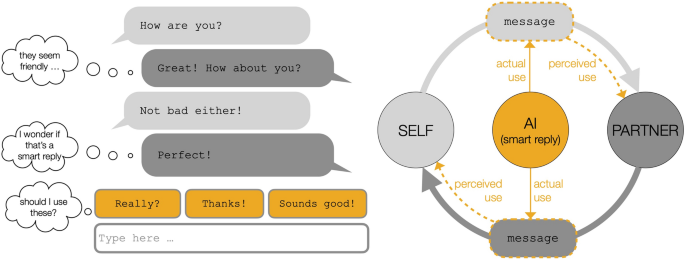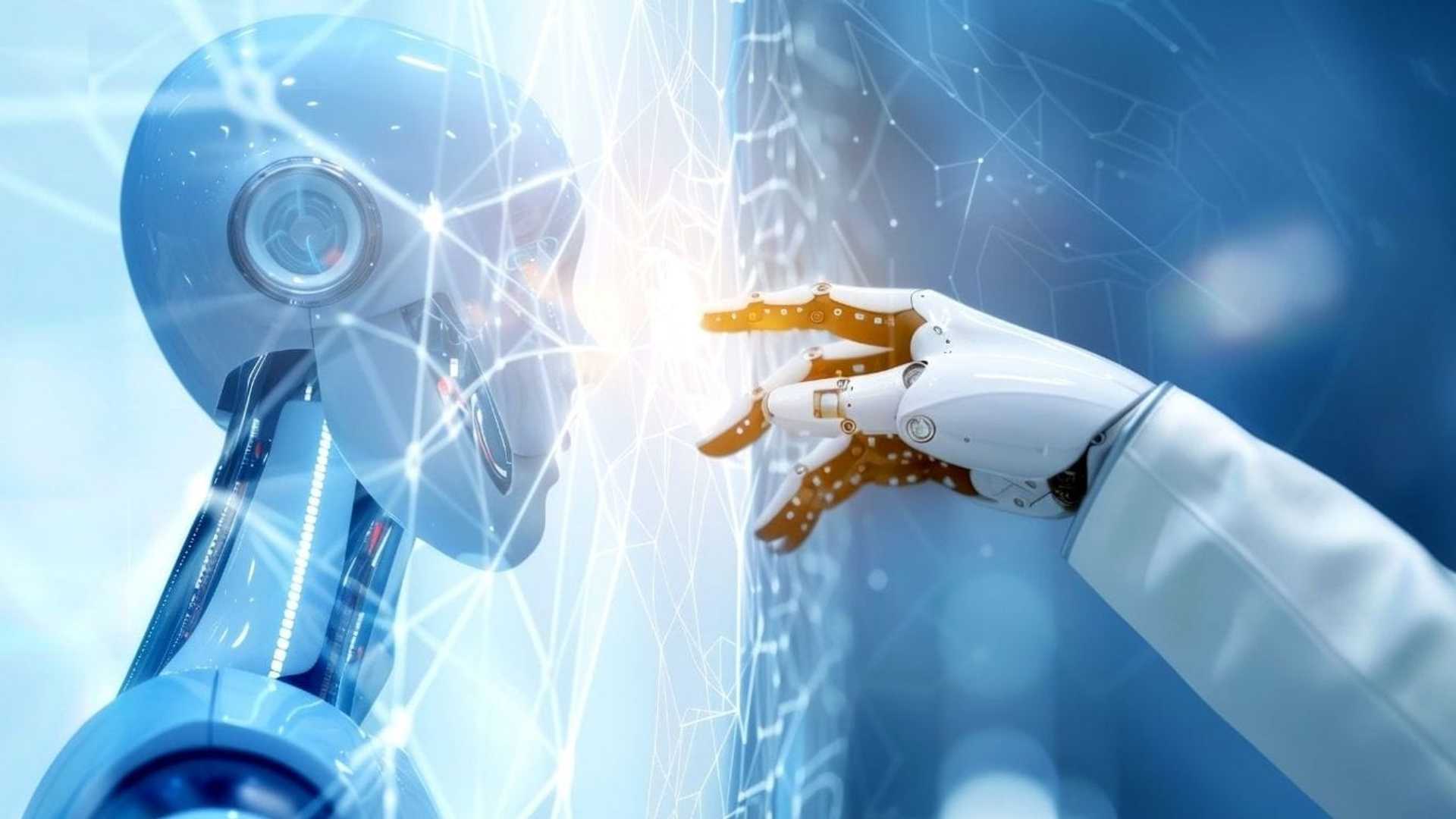Are you worried about AI? It's about to get worse as study shows ...
Have you recently heard a TED Talk, or perhaps from a friend who teaches at a college, tell you about their plan to delve into a new realm and encourage you to be more adept at some activity? There's a chance they've been possessed by the spirit of ChatGPT. Or maybe just spent a lot of time interacting with AI chatbots.
Researchers at the Max Planck Institute for Human Development think the latter is becoming a real trend. They've released a new report indicating that a linguistic shift has begun in the wake of ChatGPT's release. Academics and other lecture-adjacent people are starting to sound like AI, their speech peppered with some of the same words that occur far more often in AI-produced text than average, like meticulous, adept, delve, and realm.
Impact on Language and Communication
The researchers analyzed 280,000 academic YouTube videos across more than 20,000 channels. The change was easy to spot, with some of the words popping up more than 50 percent more often than would be expected. And these aren't AI-written scripts, it's just educated people inadvertently pulling from the AI dictionary. Whether they are using em dashes is harder to tell, but they may well be hidden among the words.

I should also say that someone using those words doesn't mean they are being influenced by AI writing. I can point to writing of mine going back decades that uses all of the examples of AI vocabulary precisely because they feel evocative and interesting.
Potential Risks and Concerns
It might seem like a minor issue, but it might portend a potentially deeper problem. The researchers found the AI-influenced words weren’t just more frequent, they were replacing more vivid, less structured language. What once might have been a passionate, complex argument would become dull and antiseptic. Sanding the texture off our language and always defaulting to the phrases used by AI could, at its worst, reduce the color, emotion, and regional quirks that enliven how we speak. Linguistic diversity doesn’t thrive on autocomplete.
It could even mean a decline in our manners. There's a debate about whether it's worth being polite to AI chatbots. Should you say “please” to ChatGPT or thank you to Gemini? Conversation is conversation. If we are brusque with AI enough, it will bleed into how we speak to other humans, and the world might feel a little less friendly.
Balancing Act with AI
At the same time, it’s hard to resist completely. If you’re an academic trying to write a paper or a content manager trying to meet a deadline, ChatGPT can be a useful co-author. It writes cleanly and is often direct and even incisive in its analysis. But the tradeoff is a voice that’s often monotonous in long-form, no matter the prompt. And if you rely on it too often, that voice becomes yours.

Historical Perspective
It’s worth noting that we’ve seen this pattern before. Technology has always shaped language. The telegraph encouraged brevity, and telephones made "hello" the standard greeting. Texting gave us LOL and ROFL. Twitter had us saying "hashtag" out loud, while emojis have people saying "upside down smiley face" in actual conversation. We’re emulating something not because it’s natural, but because it’s what we’re now trained to expect.
Conclusion
It's hard to miss the irony of creating an AI chatbot to mimic humans, only to have humans start mimicking AI. Odd as it is to contemplate, you may have to pay attention to how you speak and the words you use lest you fall into the vocabulary your AI pal uses. Delve into the meticulous research on what makes your language unique and become adept in the realm of uncommon idioms.




















